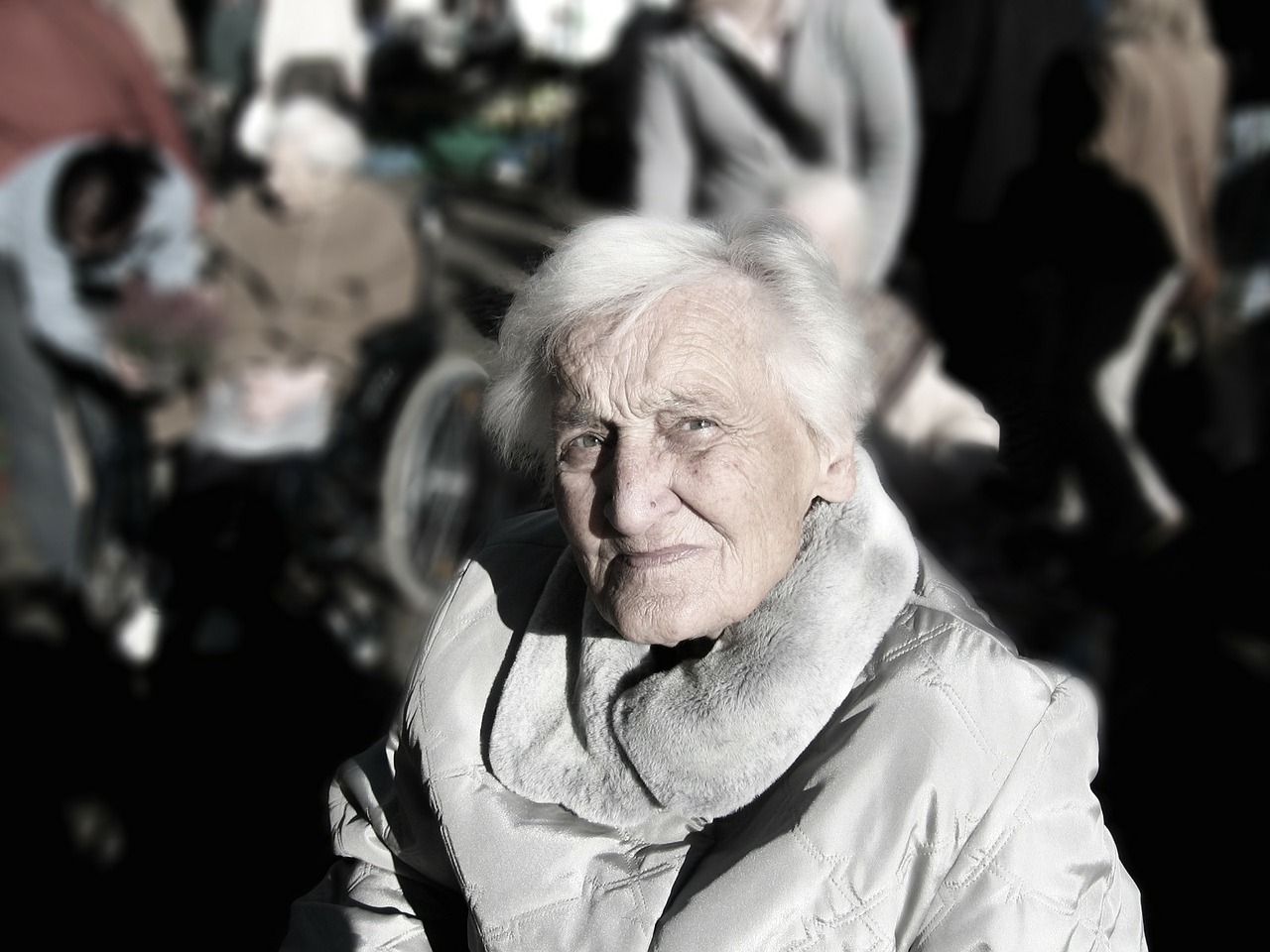The cars snaking past the bunting-adorned entrance of a British care home point to an era when even cherished family visits have to be socially distant because of the coronavirus.
 Gracewell of Adderbury home for the elderly, in central England, is trying out drive-through family visits to protect its vulnerable residents from the omnipresent dangers of the new disease.
Gracewell of Adderbury home for the elderly, in central England, is trying out drive-through family visits to protect its vulnerable residents from the omnipresent dangers of the new disease.
The anxious visitors sit in their cars, smiling encouragingly at their loved ones, while the elderly, some of them in their 90s, relax in comfy armchairs in the small driveway, soaking up the warm spring sun.
They try to chat a little at a safe distance, making the best of a trying time in which families have been forced to live apart for over two months while the government tries to stamp out a virus that has officially claimed around 38,000 lives — second only to the United States.
Care homes have been ravaged by the virus across Europe.
The British government said on Friday that 6,182 — or 39.8 percent — of the ones in England currently had “a suspected outbreak of symptomatic or confirmed coronavirus”.
Britain’s Office of National Statistics (ONS) has counted around 13,500 care home deaths attributed to COVID-19 in Britain, although the real number could be higher because not all of those who pass away get tested first.
The ONS has counted more than 46,000 total fatalities in the UK “involving” the virus as of mid-May.
Gracewell manager Arlene Acuavera said her home has been thankfully spared by the disease.
Britain is now easing its way out of lockdown, although the four countries — England, Scotland, Wales and Northern Ireland — are each taking slightly different approaches to what might be allowed when.
The new freedoms are laced with added danger, and socially distant visits like the one adopted at the Gracewell are likely to continue for many more months.


